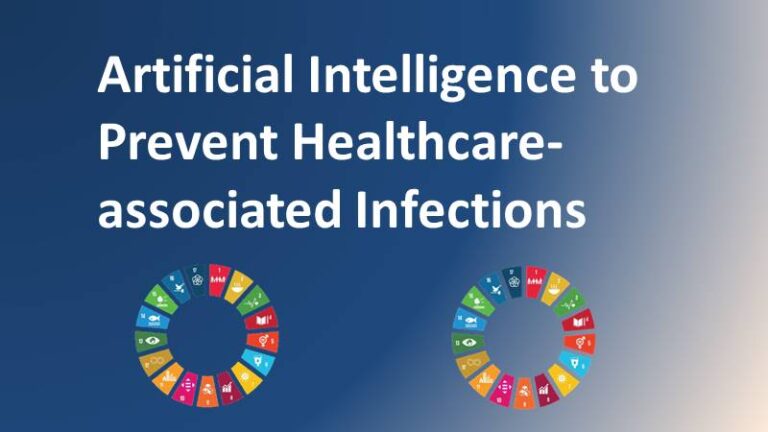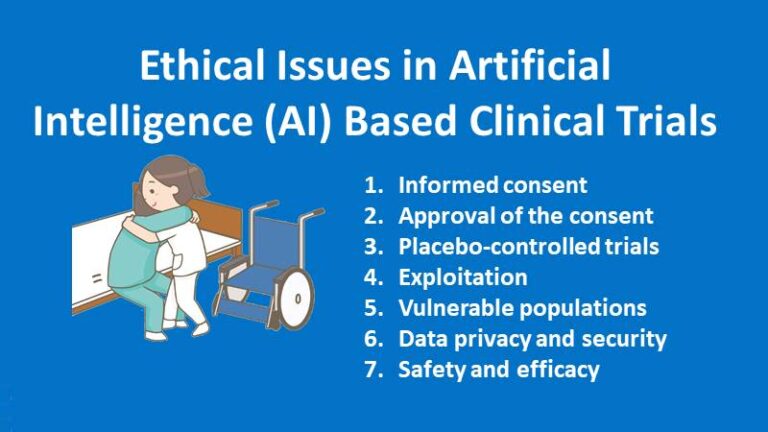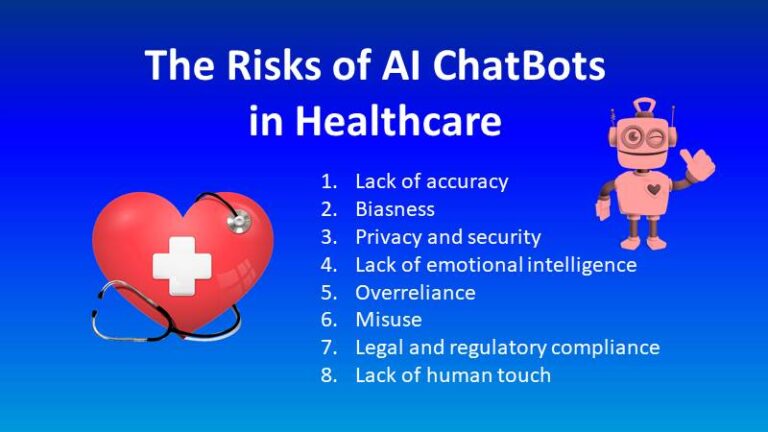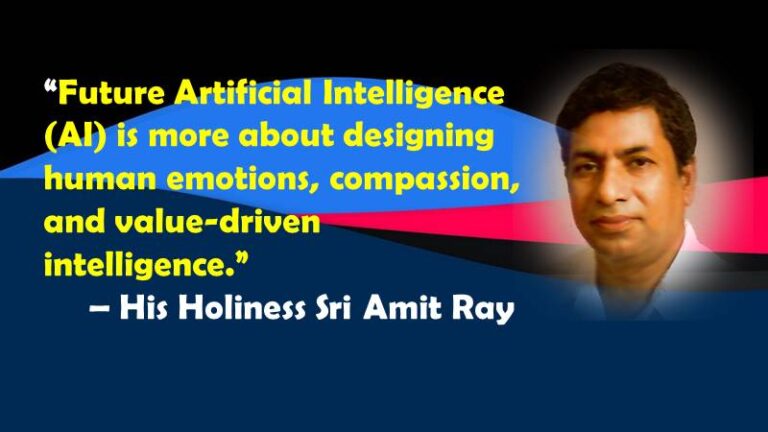The Benefits of Decentralized Clinical Trials and How They are Revolutionizing the Healthcare Industry
Decentralized clinical trials (DCTs) are a new approach to clinical research that leverages artificial intelligence (AI) and other technologies to reduce the cost and complexity of traditional clinical trials. DCTs enable researchers to collect data from multiple sites, often in different countries, while maintaining high standards of data quality and patient safety. DCTs have the potential to help meet Sustainable Development Goals (SDGs), such as improved access to healthcare, by providing more efficient ways of conducting research in low-resource settings.
His Holiness Sri Amit Ray Once said, “Artificial intelligence has many roles to play to achieve the 17 Sustainable Development Goals, particularly in healthcare and the protection of humanity.”
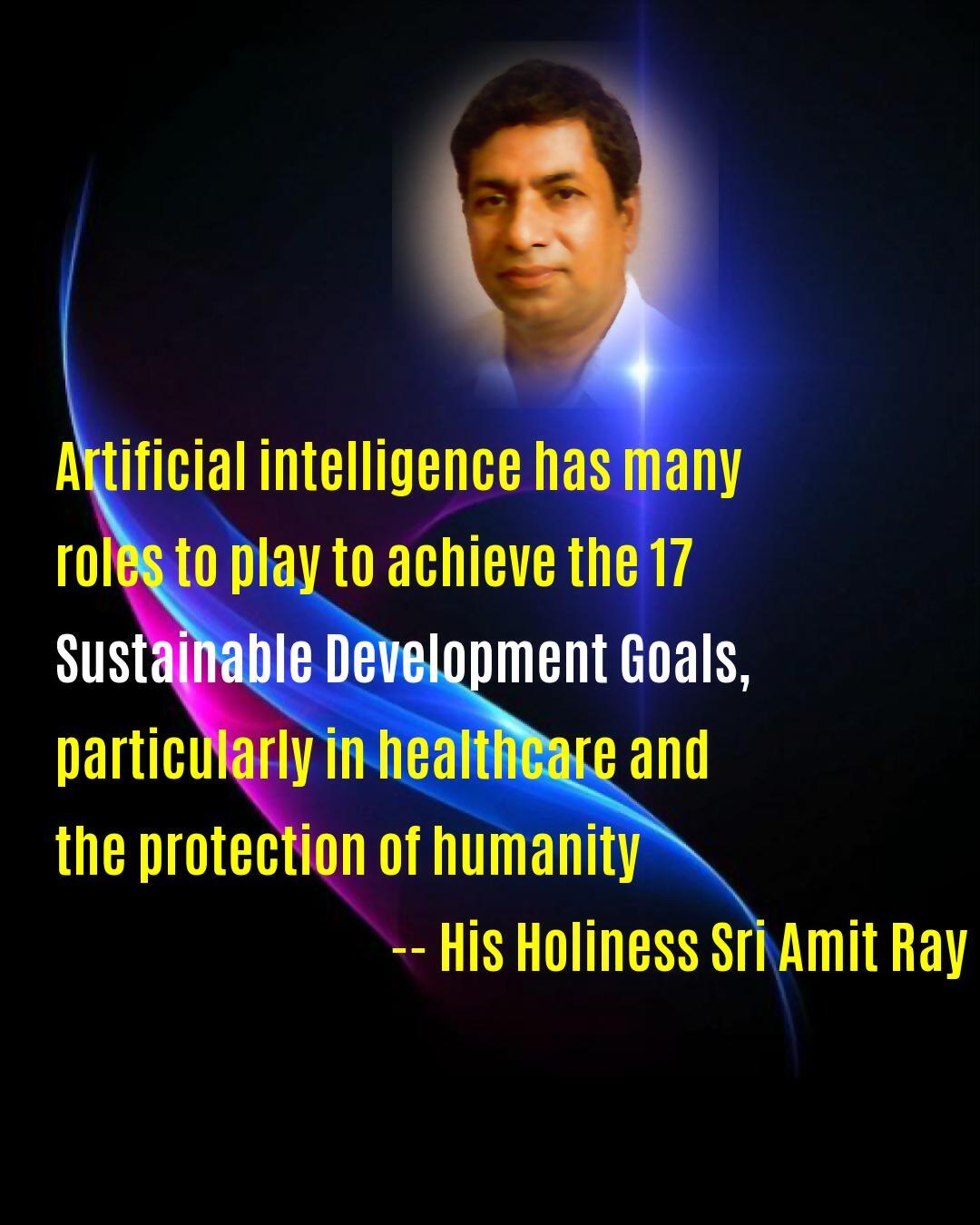
What is a Decentralized Clinical Trial and How Does it Work?
Decentralized, distributed, remote and virtual clinical trials are changing the way in which clinical research is conducted by leveraging technologies such as cloud computing, data analytics, and artificial intelligence (AI). These types of trials allow for more efficient and cost-effective drug development processes. DCTs help to speed up the time it takes for new treatments to reach patients, while also providing more accurate results due to the larger participant pool.
The Advantages of Decentralized Clinical Trials for Patients & Research Centers
Decentralized clinical trials are revolutionizing the world of patient-centric research. They offer a number of benefits such as improved access to care, faster data collection and analysis, and reduced costs. With decentralized clinical trials, researchers have the ability to collect data remotely from anywhere in the world while ensuring patient privacy and data security. This groundbreaking approach is making it easier for researchers to conduct more effective patient-centric research and make better decisions about healthcare outcomes. Antibiotic resistance bacteria
The privacy rule implies who has access to an individual’s medical records and what they can do with that information. Under the security rule, a health organization maintains to do their due diligence and work to keep patient data secure and safe.
How Blockchain Technology is Transforming Decentralized Clinical Trials
Blockchain technology is revolutionizing the healthcare industry. It provides a secure data sharing platform that allows healthcare providers to securely store, manage, and share patient data, while ensuring data integrity and privacy. Blockchain-based healthcare systems enable real-time tracking of patient records, as well as providing a secure platform for transactions and communications between patients and health care providers. With its potential to improve efficiency, accuracy and security in the healthcare system, blockchain technology is quickly becoming an essential part of the modern healthcare system.
When it comes to fighting antibiotic resistance bacteria, artificial intelligence has the potential to be a game-changer. This is especially true in the context of conducting DCT for infectious diseases. Artificial intelligence provides a more efficient method of predicting antibiotic resistance.
Best Practices for Conducting a Successful Decentralized Clinical Trial?
Risk management strategies for decentralized trials are vital. Decentralized Clinical Trials (DCTs) are becoming increasingly popular due to the cost and time savings they offer. With the help of modern technology, these trials can be conducted remotely, allowing for more efficient data collection and analysis. To ensure successful DCTs, risk management strategies need to be in place to ensure safety and accuracy of data collected. By leveraging recent advances in AI and machine learning, risk management strategies can be tailored specifically for each trial while still ensuring that all relevant regulations are followed. This will allow for better patient safety outcomes, more accurate data collection and improved clinical trial efficiency.
Five Steps for Decentralized Clinical Trials
- Prepare a detailed design and implementation strategy for a decentralized study that takes patient safety, data integrity, and regulations into consideration.
- Find out what wearables and devices are required, what resources are already used in the research environment (such as central labs, electronic data gathering, interactive response technologies, etc.), and what additional forms of support are likely to be required (i.e., home health nursing, local labs, etc.).
- Analyze the methods for quality control and integrity monitoring of decentralized data. For instance, specify which information is gathered for study endpoint analysis and which is gathered for remote patient safety oversight monitoring.
- Prepare all sites for success under a decentralized paradigm, taking into account how it will affect productivity and regular business operations. The best ways to use various technologies or remote support teams should be mapped out for each site, including those that already exist inside the infrastructure of each site. Consider the assistance and training the sites will require in order to effectively take part in DCTs.
- By giving research teams, investigators, and patients options for how they might engage in a study, you can improve the patient-physician relationship in a virtual setting. Understanding that there is no one size that fits all necessitates flexibility.
Patient Safety and Decentralized Clinical Trials
Connectivity with the patients is the key, where systems ensure periodic connection with patients to receive feedback and encourage compliance. AI is becoming increasingly important in the health care industry, particularly in the area of decentralized clinical trials. AI can be used to boost safety and efficiency by automating and streamlining processes, providing data-driven insights, and reducing manual labor. AI can also help to ensure that participants are accurately informed about their trial participation and that all data is securely stored.
By leveraging AI technologies such as machine learning, natural language processing, and computer vision, organizations can gain a better understanding of their trial participants’ needs and preferences while simultaneously improving the safety of their trials. This will lead to more efficient clinical trials with fewer errors, improved patient outcomes, and greater cost savings for organizations involved in clinical research.
DCTs ensure that mobile platforms continuously confirm patient compliance with regard to data collection and medication adherence. The AI driven DCT platforms also provide feedback mechanisms for sites and training when it is essential.
DCT risk management plans
Every study includes a risk management plan, but the regulations also require evidence that it is being followed, updated, and is continuing to develop along with the study. The well-being of the trial’s participants should always come first in any risk assessment, but this is especially true for DCTs.
The most challenging aspect of the continuous, risk-free operation of a trial is the need to shift overnight from centralised control of in-flight research to a dispersed control system. The leaders of the study need to examine whether or not safe dosing calls for additional health checks, such as monitoring blood pressure and vital signs. The next step is for them to determine how to reliably measure these elements digitally and/or from a remote location.
Conclusion
One of the best parts about using decentralized clinical trials is their customizability and efficiency. By offering more effective methods of doing research in low-resource environments, DCTs have the potential to contribute to the achievement of the Sustainable Development Goals (SDGs), which include increasing access to healthcare services.


